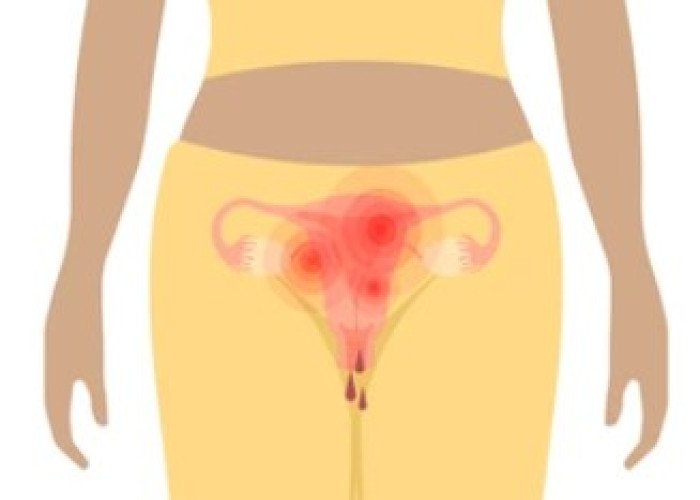 Welcome
Welcome
“May all be happy, may all be healed, may all be at peace and may no one ever suffer."
Loading...
Less hunger Generics
Less hunger - Homeopathic remedies
Experiencing less hunger can be caused by a variety of factors, both physical and psychological. Some common causes of decreased hunger may include:
- Illness: Certain illnesses, such as the flu or a cold, can suppress appetite and cause nausea or vomiting.
- Medications: Some medications, such as certain antidepressants or painkillers, can suppress appetite.
- Aging: As we age, our metabolism and digestive function may slow down, leading to a decrease in appetite.
- Hormonal changes: Hormonal changes, such as during menopause or pregnancy, can affect hunger levels.
- Stress: Chronic stress can lead to a decrease in appetite or overeating, depending on the individual.
If you are experiencing a decrease in hunger and are concerned about your nutritional intake, there are several strategies you can try to increase your appetite:
- Eat smaller, more frequent meals throughout the day.
- Incorporate nutrient-dense foods, such as fruits, vegetables, and whole grains, into your diet.
- Stay hydrated by drinking plenty of water throughout the day.
- Avoid sugary or highly processed foods, which can suppress appetite and cause blood sugar crashes.
- Exercise regularly to stimulate your appetite and improve overall health.
If your decreased appetite persists or is causing concern, it is important to speak with your healthcare provider to rule out any underlying medical conditions and receive personalized recommendations for managing your symptoms.

Berry berry
N/A

Bleeding from uterus
N/A

Crocodile dreams
N/A

Whitlow
N/A

Itching
N/A

Weakness
N/A

Measles
N/A

Hypotension
N/A
Searching Keywords Idea
Less hunger, অক্ষুধা
Bangladesh is Number One in Digital Medical Management.
To be happy, beautiful, healthy, wealthy, hale and long-lived stay with DM3S.
To be happy, beautiful, healthy, wealthy, hale and long-lived stay with DM3S.





